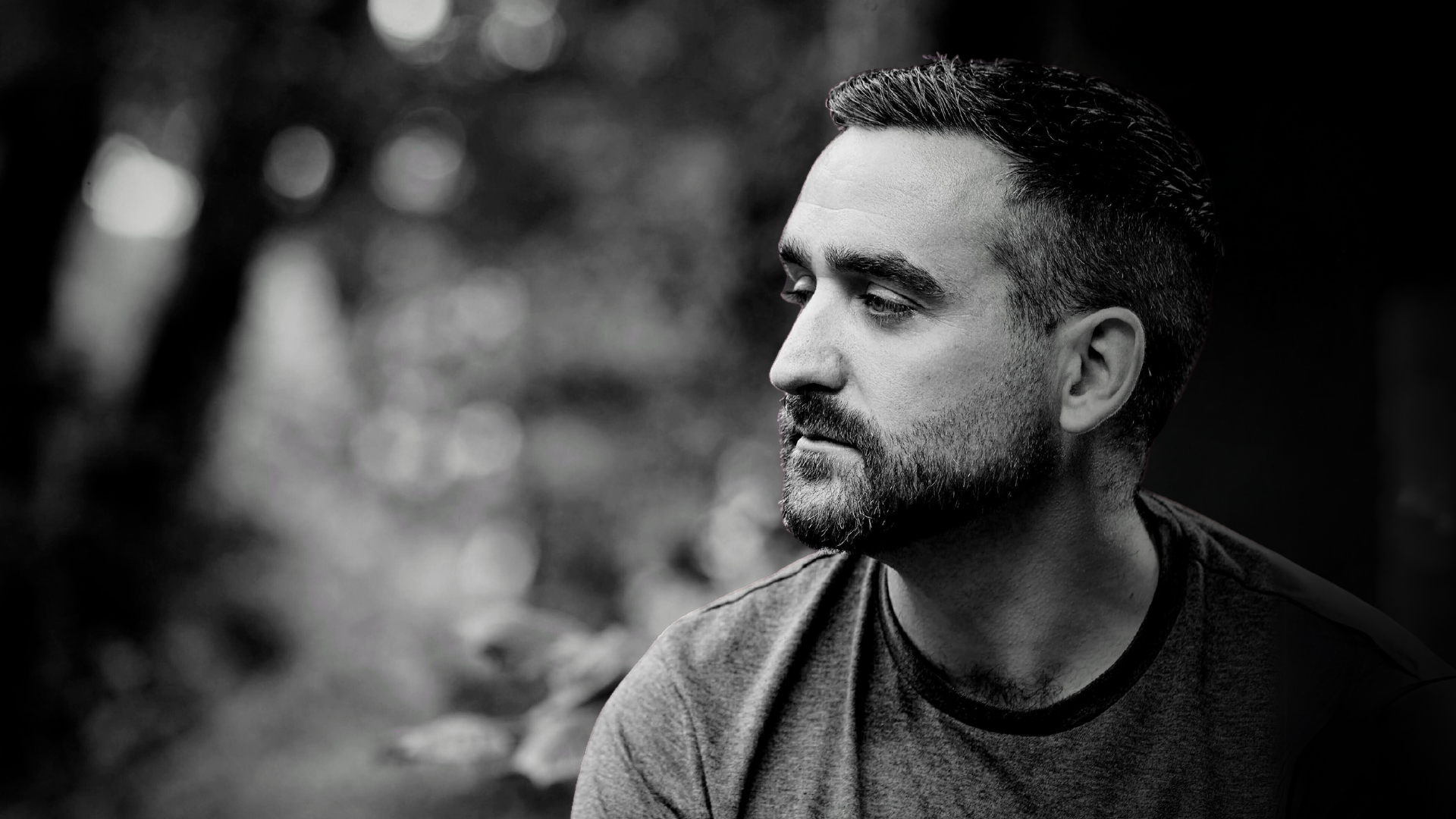If you are experiencing suicidal thoughts, the Fire Fighters Charity’s Crisis Line is open 24 hours a day, 365 days a year.
It can be incredibly hard to pick up the phone and ask for help, especially if you don’t know what to expect. Here are a few frequently asked questions:
Who answers the call?
Your call will be answered by a professional trained in Collaborative Assessment and Management of Suicidality (CAMS). These clinicians have extensive experience of supporting people who work in the blue-light sector. They will listen, give you space to talk and explore how you are feeling and how you can keep safe. The call handler is there to help you, without pressure or judgement.
What information do I need to provide?
The clinician will ask you for your name, Fire and Rescue Service location, job role and a phone number. They will introduce themselves and ask you why you are calling.
Is my employer informed that I have contacted the Crisis Line?
None of what you say during the call will be shared with your employer. You can rest assured that support is independent, and your conversations are confidential. Whilst you will be asked about your role with your Fire and Rescue Service, nothing will ever be passed to them.
You should be aware though that, whilst the Crisis Line is confidential, the clinician you speak to has a duty of care to inform the appropriate authorities if, during the call, it becomes apparent that there is a threat of harm or risk to you and/or someone else.
What support will I receive?
This will depend on your individual needs. The clinician will talk to you about your current circumstances, how you’re feeling, and actions that can be taken to keep you safe. If you are having thoughts of suicide when you call, the priority is to ensure your immediate safety.
The clinician will then explore what support you may need. In some circumstances, if you are having thoughts of suicide, then access to a specialised tailored programme of support (CAMS programme or a different structured intervention) may be recommended.
It may be that other support pathways provided by the charity are more appropriate to meeting your needs. In these situations, the clinicians on the line will make a referral through to our Assessment Practitioner Team who will contact you to discuss your needs.
Other organisations, meanwhile, may be more appropriate in meeting your needs. If this is the case, then the clinician will provide advice and information to help guide you.
How long will I have to wait for support?
This will depend on your individual circumstances and what support is needed.
If you are having thoughts of suicide and need to access the CAMS programme, the clinician who took your call will agree a date and time for a follow up call. This will happen quickly, so you’re not waiting long to access this support.
If the CAMS programme is not suitable in meeting your needs, however, other pathways of support provided by the charity may be, then the clinician will make a recommendation for our Assessment Practitioner Team to contact you. You will then receive a call from one of our team within 3-4 working days. Our Assessment Practitioner Team work Monday – Friday, 9am – 5pm.
There are occasions where the clinician answering your call may need to speak to another clinician regarding the best support in meeting your needs. On these occasions, they will contact you back at the earliest opportunity.
I’m worried about someone else. Can I ring on their behalf?
If someone is in crisis then they do need to speak to the clinicians themselves. If you’re worried about a colleague or loved one, you can refer them by passing on the Crisis Line phone number: 0300 373 0896.
Making that first call is difficult and so if the person you are worried about is comfortable you could make the call and then hand over the telephone so that they could speak to the clinician
Supporting someone who is having thoughts of suicide can be difficult. The charity provides guidance on how to have a conversation who is thinking of suicide HERE.

